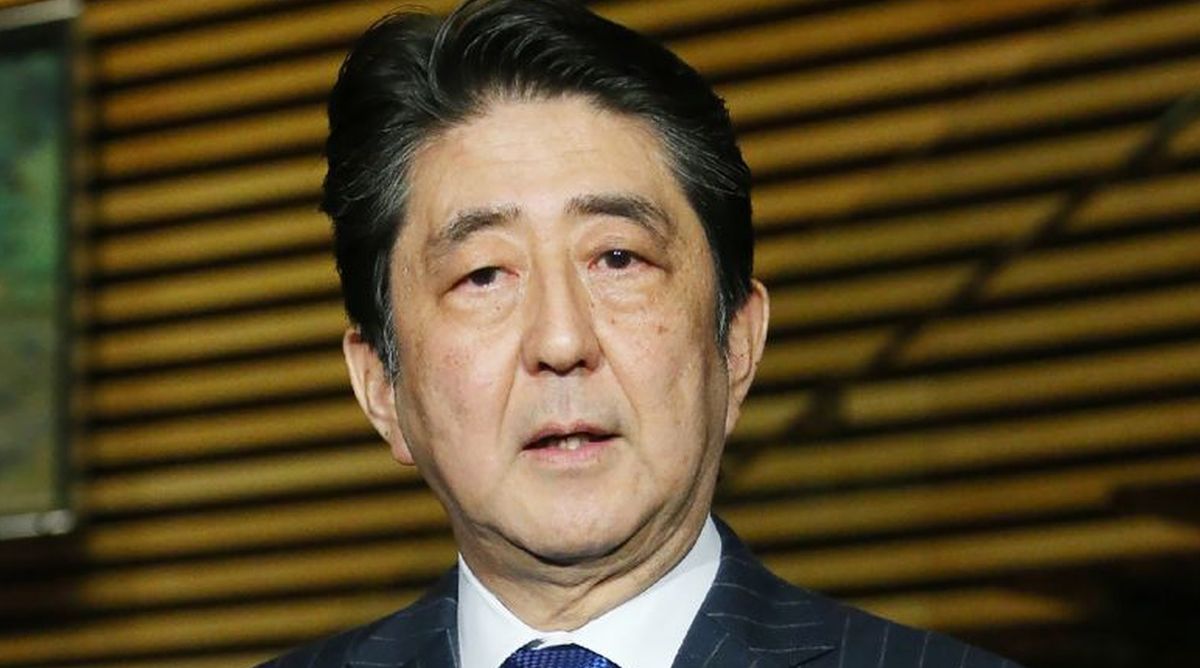It has been a critical forward movement in the geopolitics of Asia, almost at the threshold of the Japanese Prime Minister’s renewed stint at the crease. His rare visit to China signifies a distinct improvement in bilateral ties, despite the rather frosty handshake between Shinzo Abe and Xi Jinping. The signing of business deals worth $ 2.6 billion is particularly significant when contextualised with the trade challenges that both countries face from the likes of Donald Trump.
Ergo, the import of Mr Abe’s visit to Beijing is intrinsically economic; it may be a while before the poitical implications unfold and not least in the context of the diplomatically turbulent East China Sea. By any reckoning, the grandstanding was profound, notably the Japanese PM’s talks with his Chinese counterpart, Li Keqiang, and a guard of honour with Japan’s flag raised outside the Great Hall of the People across Tiananmen Square.
Advertisement
Relations between Asia’s two biggest economies have improved in recent years after they had plummeted in 2012 when Tokyo “nationalised” the disputed islands claimed by Beijing. The last official visit to Beijing by a Japanese Prime Minister was in 2011. But with President Trump’s crippling tariffs, China has increasingly looked forward to Japan to serve as a bulwark against growing US protectionism.
“Interdependence between the two countries is deepening by the day,” Xi is reported to have told Abe, couched with the pledge to buttress economic cooperation. There is little doubt that the relationship has warmed up as Trump ~ for all his personal chemistry with Abe and Xi ~ has imposed massive tariffs on China while also targeting Japanese exports in his effort to cut US trade deficits.
For all the exchange of pleasantries, Abe is reported to have warned China that “without stability in the East China Sea, there will not be a true improvement in the relationship.” Second, he has alerted Li that “the international community, including Japan, is watching carefully the human rights situation in China”. The Japanese Prime Minister has dwelt on the core issues, that are quite distinct from the mutual economic upswing. He has thus conveyed a message to Beijing… in Beijing.
Abe travelled with nearly 1,000 delegates from Japanese companies who struck 500 deals worth a total of $2.6 billion. The two leaders also oversaw the signing of several political agreements, including a currency swap deal and a mechanism to avoid accidental clashes between their militaries which often come in contact in the disputed East China Sea. It is pretty obvious that Trump’s trade policy has given an impetus to closer Sino-Japanese ties. If he adjusts his relationship with China, he will have greater initiative and more space in the future when he is negotiating with the United States. For now, Prime Minister Abe has prepared the ground for President Xi Jinping’s visit to Japan next year.











